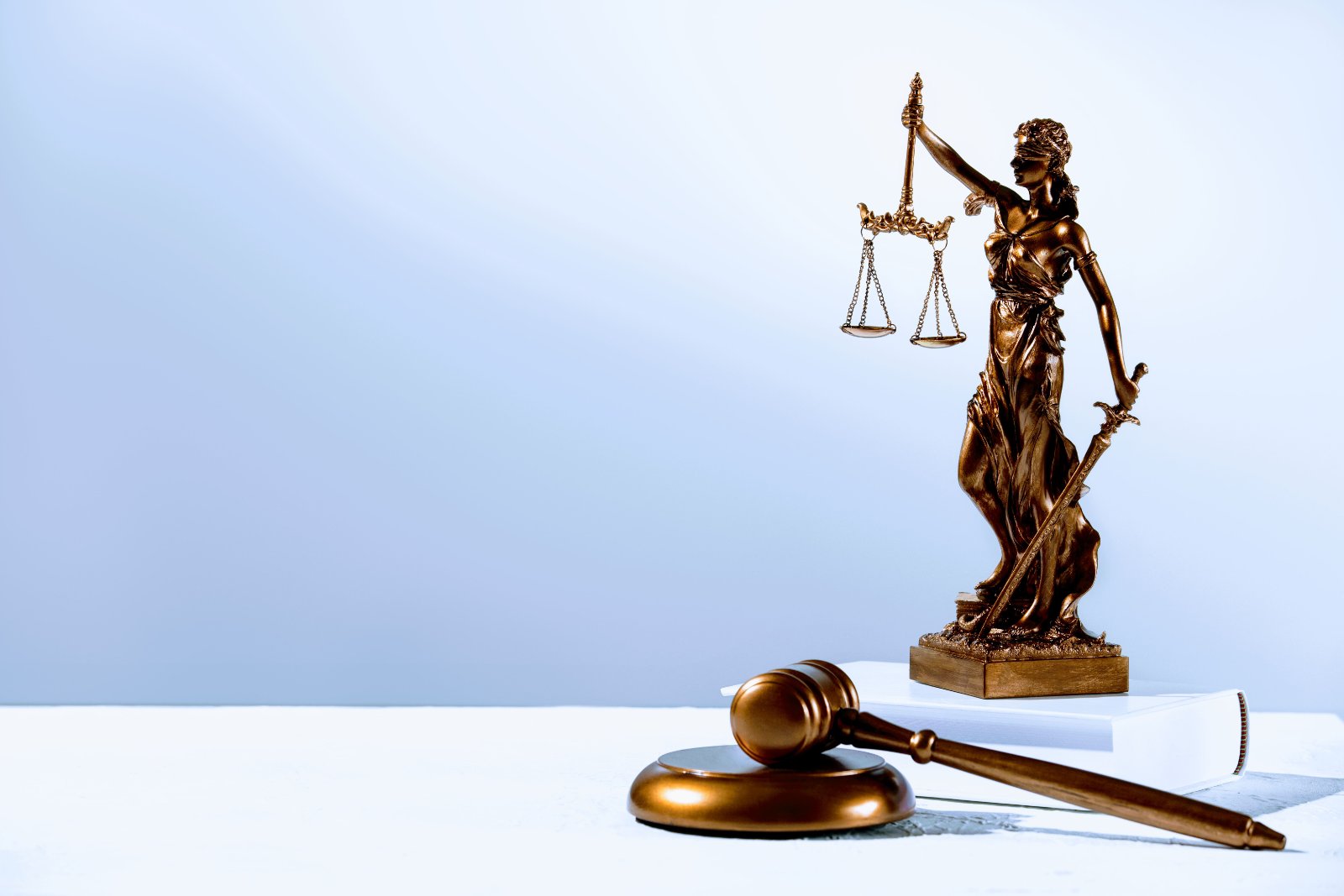Project information
- Category: Governance
- Subject: Supreme Court
- Date: Oct 17, 2025
- Source: https://www.youtube.com/watch?app=desktop&v=e7sGHmYtzYw
The Unified Legal Aid Service (ULAS)
On October 17, 2025, the Supreme Court Podcast released Episode 90 featuring Atty. Karl Arian A. Castillo, a private practitioner and member of the ULAS Interim Board. The episode discusses the Unified Legal Aid Service (ULAS) — a new program that ensures every Filipino, especially the poor and marginalized, can access free legal assistance and experience a more inclusive justice system.
The podcast episode provides an in-depth discussion on the Unified Legal Aid Service (ULAS), an initiative by the Supreme Court of the Philippines aimed at bridging the gap between the high demand for legal aid among indigent Filipinos and the limited availability of affordable legal services. Highlighting data from the World Justice Project and the United Nations Development Program, the podcast underscores that only 20% of Filipinos obtain legal help, with a mere 15% consulting lawyers, due to barriers such as cost, accessibility, and awareness.
To address these challenges, the Supreme Court developed the ULAS rules, effective February 3, 2025, mandating covered lawyers to provide 60 hours of pro bono legal assistance every three years. The scope of ULAS is broad, extending beyond litigation to include out-of-court legal services like legal counseling, document review, rights awareness talks, and jail visitations. The podcast features Attorney Carl Arian A. Castillo, a member of the ULAS interim board, who elaborates on the structure, scope, covered and excluded lawyers, qualified beneficiaries, compliance mechanisms, and incentives for lawyers.
The ULAS program is facilitated through a digital portal where lawyers register, apply for exclusions if eligible, and report compliance. Lawyers are classified into local lawyers, Philippine lawyers based abroad, and government lawyers, with specific rules for each group including options for financial contributions in lieu of pro bono work, particularly for lawyers based abroad. ULAS also allows registered organizations (e.g., law firms, legal departments) to aggregate compliance hours among members, with minimum individual participation.
Qualified beneficiaries are primarily indigent individuals who cannot afford adequate legal services, including overseas Filipino workers, refugees, and marginalized sectors. The trust system relies on lawyers to assess and certify beneficiaries in good faith. The program emphasizes confidentiality and data privacy, with mechanisms to address false claims by beneficiaries and non-compliance by lawyers.
The podcast also tackles common concerns such as the burden on solo practitioners,applicability to non-litigation lawyers, and provisions for exemptions or special circumstances. ULAS is framed as a moral and professional obligation for lawyers to support access to justice, with hopes for cultivating a culture of service. The episode concludes with updates on recent Supreme Court rulings, institutional developments, and upcoming bar examinations.

